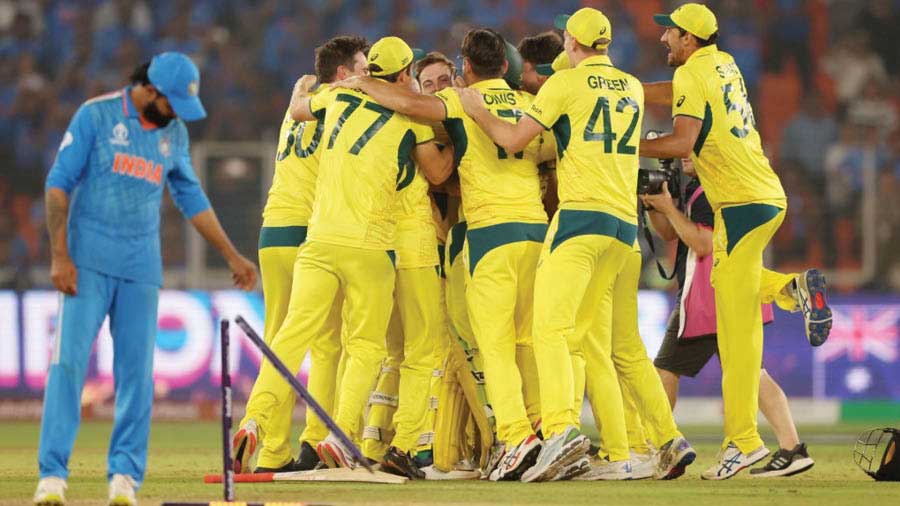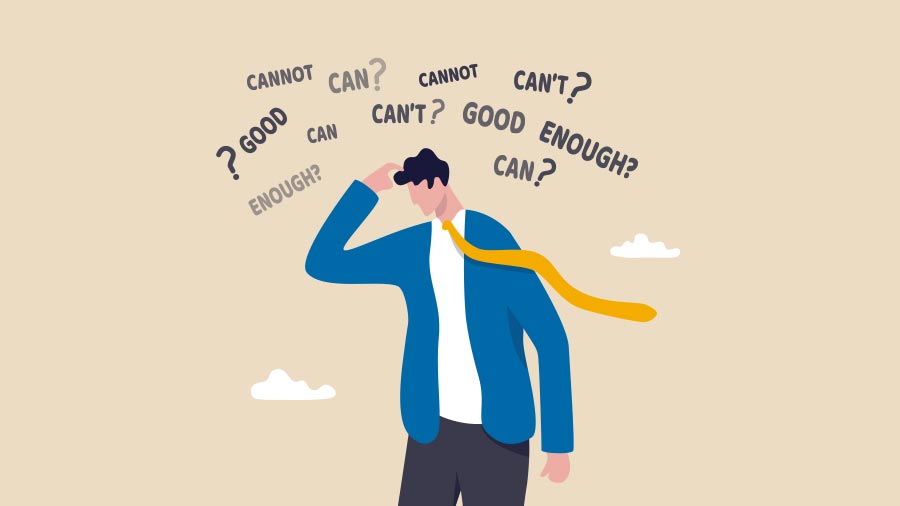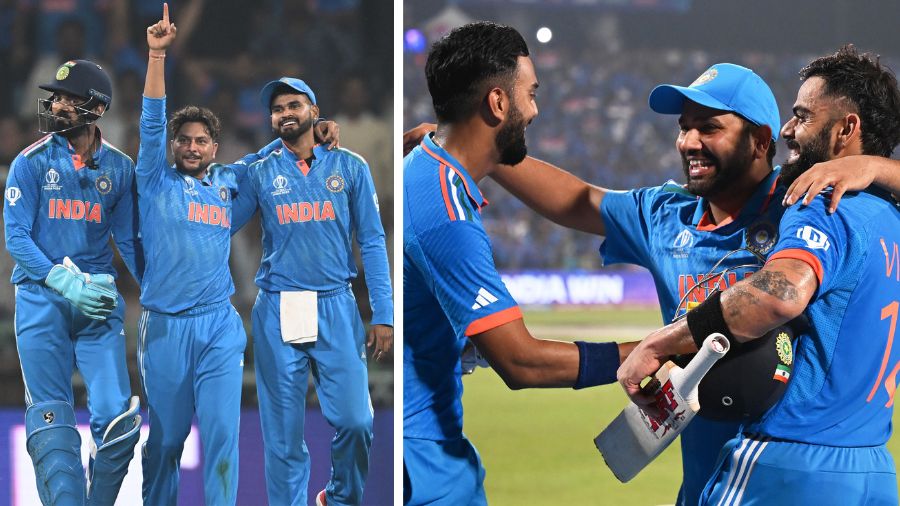Sports weaves the grandest tapestry of human emotions when the action fits within the larger narrative of a pursuit. An epic sporting pursuit evokes excitement, anticipation, thrill and more. And the journey and the attendant emotions are best captured as a story. Sports survive because of these stories. They are the lifeblood of sports. People are magnetically drawn to sports because of the stories. Let us take a closer look at two of the most common stories in sports.
Of fairy tales and reminders
Most fairy tales have some sort of love in there somewhere. Love is not just about the destination, it is about the intoxicating journey. The hearts beat in rhythm and every step forward is a heartbeat skipped. The magic of any fairytale resides in hope and unpredictability. It usually concludes in wonder and the security of “happily ever after”.
As Indians, finding our identity after colonial rule, then navigating through the challenges of a growing economy, we love our rags-to-riches fairytale. Who has not loved the story of Mangte Chungneijang Mary Kom, born to parents who survived on subsistence agriculture who went on to carry the Indian flag at the Olympic games? What about the wiry right-arm medium pacer from Ikhar, Gujarat? Munaf Patel went from working in a ceramic factory to winning the ODI World Cup in 2011.
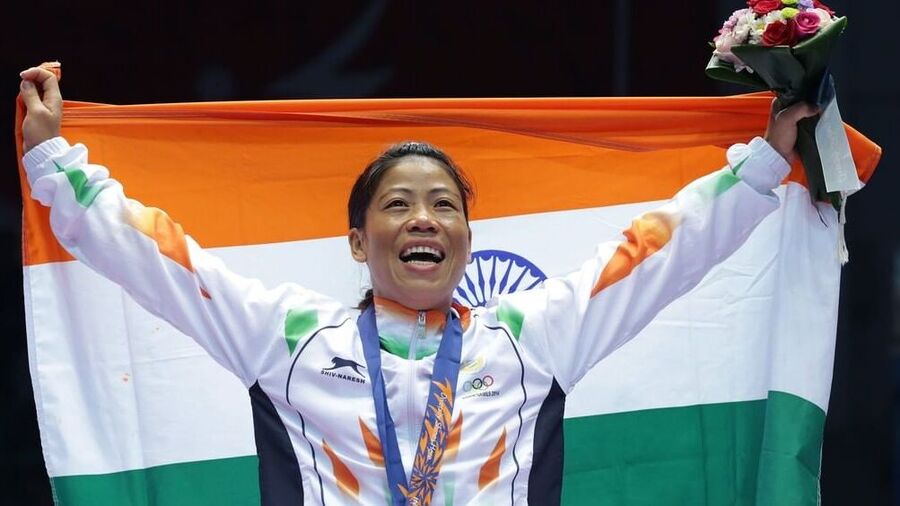
Indians love our rags-to-riches fairytale
Fairytales are precious in sports because much like in life, they are hard to come by. Sports have dominant hierarchies; big teams with big money often sign the best players and have the best facilities. Sports often works like a mini-country where infrastructure development and stable economic development allows human resources to thrive. Boring, isn’t it?
This is why we find that more often than not, we have the ‘Oh so close’ tale in sport. There might be no prizes for coming second, but people do remember the magic that certain teams and players conjure. In a way, this story of ‘Oh so close’ resonates far more with people because it mirrors more closely the general person’s journey of dreams that were not fulfilled and odds that were not overcome. It hurts because we see ourselves in our team when they lose. We get emotionally involved because they winning is us winning. Which is why November 19, 2023, was heartbreaking for 1.3 billion Indians.
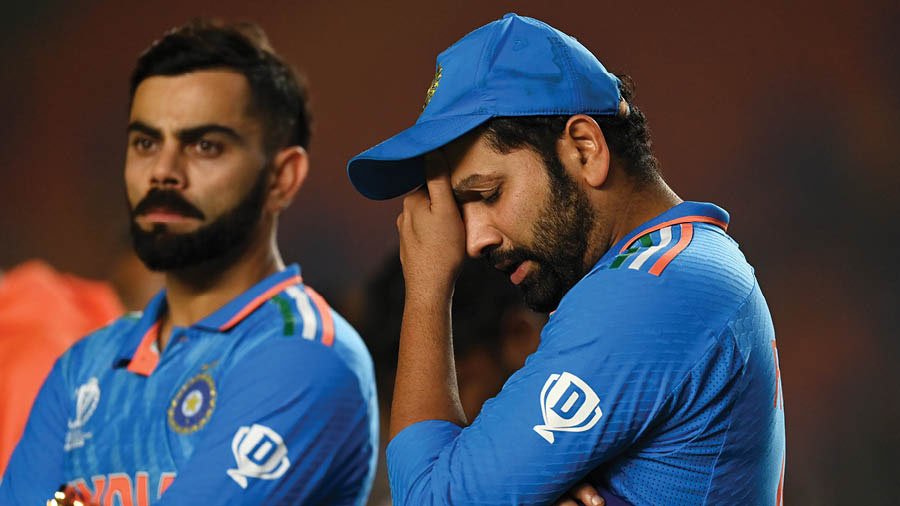
There might be no prizes for coming second, but people do remember the magic that certain teams and players conjure Getty Images
Everything was set for the fairytale that did not happen. Someone changed it into an ‘almost’ tale. The unbeaten team was outplayed on that day by those Australians. Again. The unbeaten team was beaten by a group that was better on the day. Some have argued that the best team did not win the World Cup. Perhaps. But anyone who has worked in sports will tell you, during knockouts, you are only as good as you are on that day.
But another fairytale had happened earlier. On December 18, 2022, Argentina won the football World Cup, bringing the fairytale to Lionel Messi’s already historical career. Rohit Sharma and Virat Kohli were not afforded that luxury. But make no mistake, that Indian men’s cricket team is one to be proud of. If we had celebrated their wins, we must also be with them in their losses.
Metaphors of life in sport
As we have established, more often than not, sports do not give the perfect outcome. After losing the World Cup final in 2019 under remarkable circumstances, New Zealand cricketer Jimmy Neesham had tweeted: “Kids don’t take up sport. Take up baking or something. Die at 60, really fat and happy.” But many don’t listen to this advice. Why?
Because there is a reason we say sports mirror life. It truly does. The good, bad, great and the ugly. Sport is not a metaphor for life. It is life condensed. You may be amazing at your job and still not get promoted. You may be amazing at your sport and still not get selected. You may put everything in the pursuit of an ultimate goal and fail because of a reason that you never foresaw. You may chase an Olympic gold or a World Cup only for weather conditions to play spoilsport. Sometimes you do everything possible, only for things to work out horribly. Sport and life both see incredible skill, unflinching resolve and drive to win end up in loss. Both also see instances of a win when winning seemed impossible.
Now, isn’t that a story worth listening to?
Dr Sahen Gupta is a Kolkata-born, India- and UK-based psychologist who divides his time between mental health support and high-performance coaching. As the founder of Discovery Sport & Performance Lab, he works not only with Olympians and other top-level sportspersons, but also with CEOs and other professionals striving for excellence. Dr Gupta’s mission is to simplify complexities of the mind into actionable and simple ‘doables’ that allow individuals to be mentally fit.
